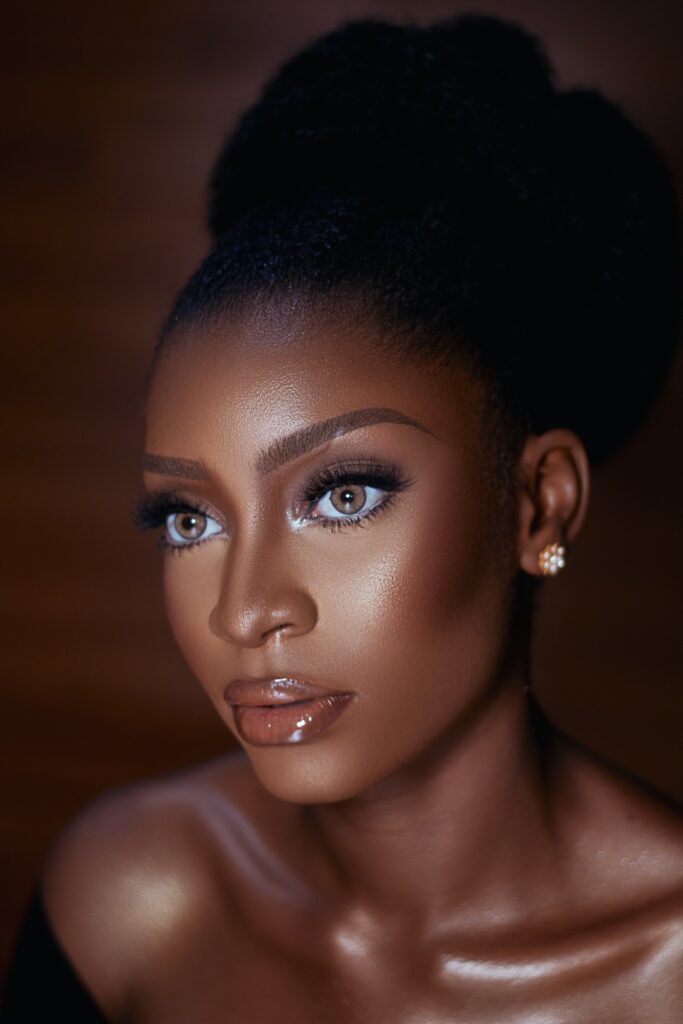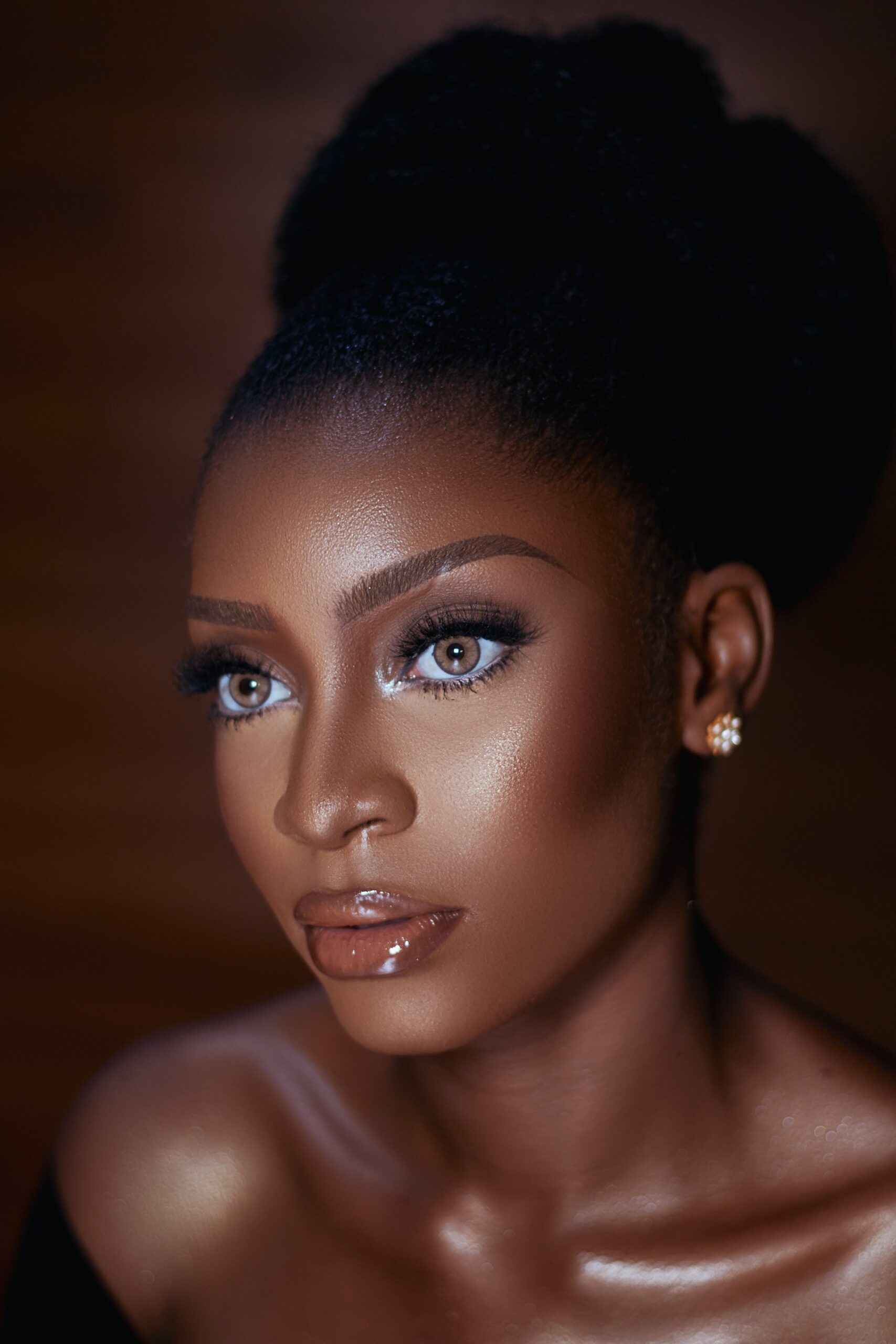
Spirituality Health and Beauty
An institution that once served as a place for rejuvenation, strength, and comfort for black women, the church has been replaced. Fewer of these women attend religious services regularly, yet still consider themselves spiritual people.
One might argue that more black women are finding solace through therapists, and for some, this is true.
However, there are still several factors that keep the majority of the black female population from seeing a therapist regularly. Factors like costs, accessibility, and most important: time.
More importantly, many black women are also working mothers. Unlike the women of past generations, they have the added stress of holding stressful job positions and balancing home and family.
These women are so time-pressed and busy that self-care and beauty have transcended into spiritual gatherings and sacred moments. It’s important to realize that black women are moving beyond the health and beauty marketing claims for products.
So, using them for health benefits once associated with the church, such as the alleviation of depression and anxiety.
Influential across races
Black women may represent just a small percentage of the U.S. population. But according to Nielsen are more influential across races, demographics and social media channel. They buy more natural and organic beauty products, pay more for environmentally safe products, and spend more money on grooming aids and health products than white women.
This is a massive insight health and beauty companies cannot ignore. Consider the black woman’s impact on just one subcategory in beauty: skincare.
The growing sense of empowerment and confidence in black skin and the convergence of beauty and wellness driving could be driving demand for self-care.
Spiritual values and self-care
Similar to the mission of religious teachings, self-care is key to a good relationship with us and others. And it has been proven that when it comes to substance abuse, high spiritual values are drastically important. As women with a greater sense of meaning in their lives are less likely to have a substance abuse problem.
Self-care is defined as any activity that we do deliberately to take care of our mental, emotional, and physical health to improve our mood. Furthermore, science suggests the higher one’s worship frequency, the lower the odds of depression, mania, and panic disorders. So, understandably, black women are drawing a new correlation between self-care and spirituality.
In short, it’s up to consumer beauty brands to determine if they’ll leverage the intersection of where self-care meets spirituality. And also transcend their products and services from mere goods to a spiritual moment for black women.
“I know that I can’t just expect my spirit to be fulfilled by going to church. I need immediate gratification, in simple ways, when caring for myself so that I can continue to take care of others. After discovering in therapy that my life had taken a downward spiral because I didn’t possess any routines or practices to regularly take care of myself, I started looking at my body and mind as sacred spaces that needed to be healed and soothed.” – Chimére Smith
